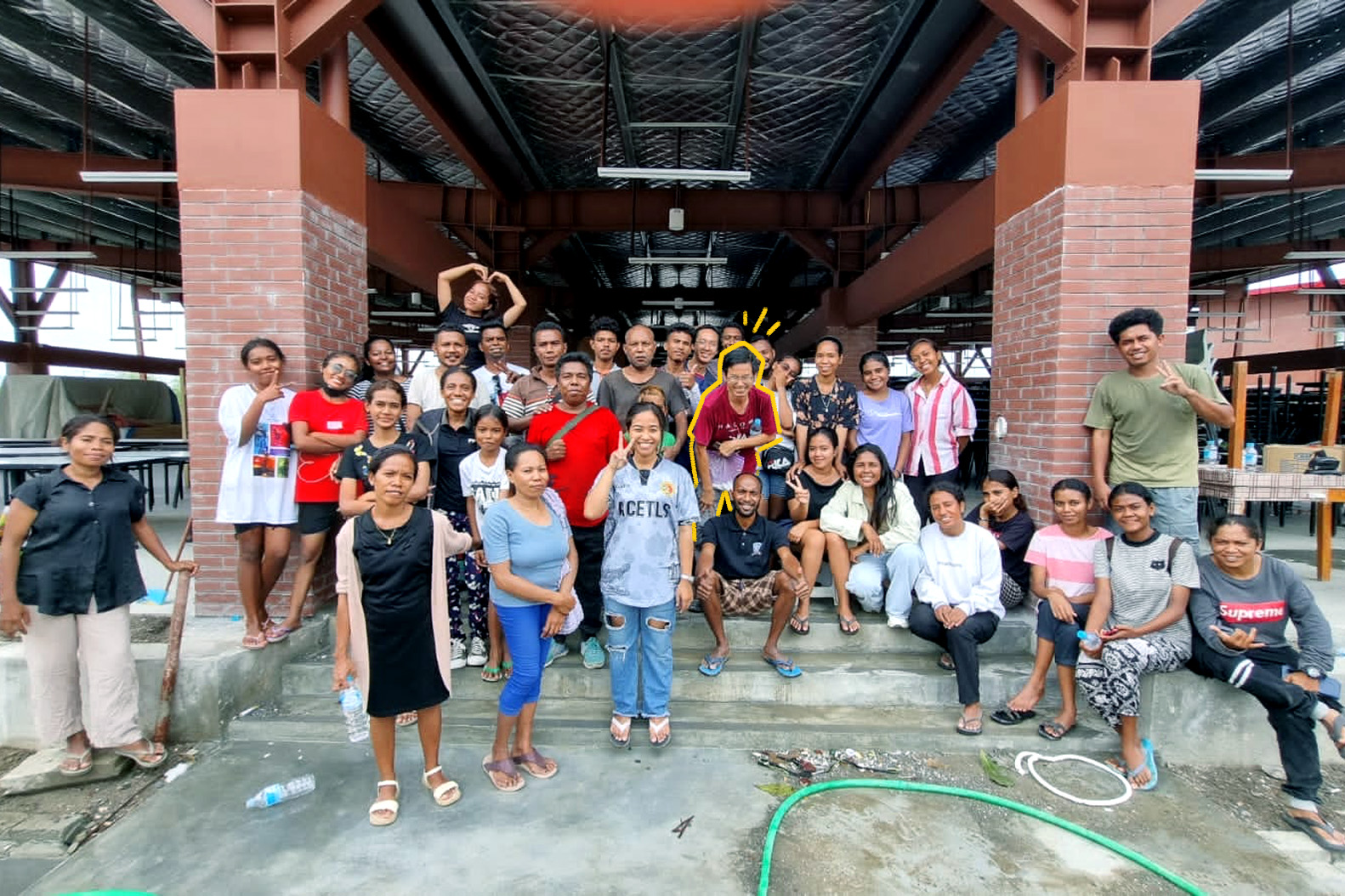My cell leader recently asked us this question: How do we build and maintain a relationship with God?
His answer: The same way we would with a romantic partner.
When you’re in a relationship, you talk with your partner throughout the day. You send them little snippets of what you’re up to, update them on your plans, get their opinions on which dress to buy.
When you love someone, they maintain a strong presence in our mind. You want to know what they’re up to, and you want them to be involved in your life.
You talk about anything and everything. Even if they’re not there physically, you stay connected by phone, Facetime, WhatsApp.
I’ve had seasons of my life where I knew what it meant to be in love with God. Hope – confidence in the things to come – is a byproduct of this intimacy.
Shouldn’t this be the same way we look at our relationship with God? Since a relationship is built on intimacy, how can we say we love someone when we don’t even talk to Him much — or at all?
How many of us pray as a last-ditch attempt to get help? When we’re desperate and have already exhausted all other options? How often do we reduce God to a mere emergency hotline?
My relationship with God has seen me through some of the darkest and toughest times in my life. I can’t deny the love that He has for me; I’ve seen His promises come to pass.
I’ve had seasons of my life where I knew what it meant to be in love with God, not from afar. This kind of love is invigorating. It gives everything clarity, and it helps me to make sense of things even when things aren’t going well. Hope – confidence in the things to come – is a byproduct of this intimacy.
But if I have to be honest, I can’t say that it’s like that now. But in such seasons I bring to mind the joy and peace that were my constant companion during those seasons of intimacy. I want to make it a point to intentionally pursue Him, hopefully with the same passion that He pursues me with.
So I pray.
I take these prayers as mini-conversations with God. Rather than fixate on fixed slots and the ritual of prayer, I’ve come to learn it can happen anywhere and everywhere. It can happen on the way to work, when I’m in the middle of a meeting, when I’m on the bus home.
Wherever, whenever. The point is to stay plugged in.
WHY SHOULD WE PRAY?
It’s our gratitude to God for all that He has done and will do (1 Thessalonians 5:16-18).
It’s the walking out of our faith (1 John 5:14).
It gives us His peace (Philippians 4:6-7).
It gives us His wisdom (Jeremiah 33:3).
It’s how we acknowledge HIs sovereignty, and surrendering our lives to Him (Proverbs 3:6).
God wants to know everything about you, so feel free to tell him about anything that’s on your heart. Prayer doesn’t have to be long or repetitive (Matthew 6:7), it can be without any agenda apart from just being with God.
Praying calms the raging seas that are our hearts. The stillness that Psalm 46:10 talks about is not just about some physical silence. Instead, it’s found in the silence of our hearts’ whims. This comes with the assurance that He’s got everything under control.
Make prayer your lifestyle, not a checklist.
If you haven’t been making time to talk to God, try doing it today. Talk to Him about whatever you’re doing, and share with Him whatever is weighing on your heart — the same way you would with someone who’s close to you.
And if you’re praying for a breakthrough, take heart. Keep pressing in, trusting that God won’t let you down (Luke 18:1-8). Constant prayer is our best shot against doubt, discouragement and fear.
Make prayer your lifestyle, not a checklist.









